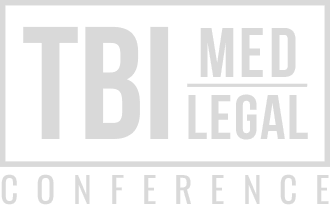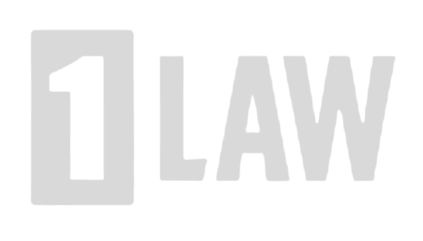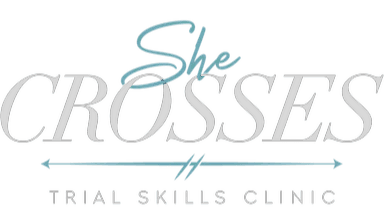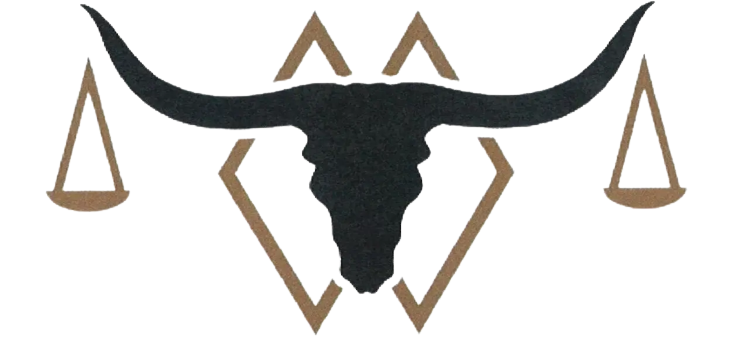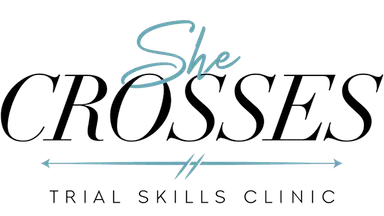60 Minutes: Inside Trial Minds – Joseph Ingram on Imagination, and the Work Behind a Defense
Trusted by The Top Medical Legal Organizations in the Nation
Every trial lawyer has a story—one forged in resilience, sharpened in the courtroom, and defined by relentless preparation. 60 Minutes: Inside Trial Minds, presented by The Casely Group, brings those stories to life in high-definition, cinematic interviews. Produced with top-tier craft, the series captures both the heart and the strategy of some of America’s most respected attorneys—The Stories Behind the Verdicts.
In this episode, host Elvis Casely sits down with Birmingham criminal defense attorney Joseph A. Ingram, founder of Joe Ingram Law, LLC. A former prosecutor turned defender, Ingram practices statewide across Alabama—federal, state, and municipal—bringing an uncommon blend of grit, imagination, and practical compassion to every case.
From Rebellious Youth to the Courtroom
Ingram’s path wasn’t linear. He grew up between challenges and high expectations: a brilliant father who pushed him to read ten books a week; a home life that made high school rocky; and several years of work before college. At 26, he enrolled at Samford University in Birmingham, then went straight to law school, knowing if he paused he might never return.
But the spark started long before: in 7th grade, he built a gold-painted courthouse for a science fair, complete with clay figures and a paper on why he wanted to practice law. “I knew I was born to practice law,” he says. The dream endured through detours and deadlines—finally landing him in a courtroom the very day he passed the bar.
A Prosecutor Turned Defender of the Accused
Ingram began his career as a prosecutor, where the throughline is simple: charge, convict, incarcerate. But the more cases he saw, the more he recognized the human edges of the system—addiction, mental health, homelessness, trauma, context. He points to Alabama’s growth in mental health court, veterans court, and drug court as proof that justice can also be corrective and restorative.
“Being a prosecutor is easy,” he says with a wry smile. “Being a defense lawyer takes imagination.” Creativity becomes the tool that reframes facts into a narrative a jury can truly weigh—one that measures not only what happened, but whether the State actually proved it.
The Art of Imagination: Theme, Repetition, and Proof
A lesson from law school stuck with him: What is two plus two? Everyone said four. The professor said, “It’s whatever you want it to be—you’re the lawyer.” Ingram doesn’t bend reality; he forces it to be proven. That distinction shaped one of his most memorable trials: a multi-defendant identity theft case involving a laptop, a skimmer and encoder, and 5,000 American Express cards hidden in a car.
Police found devices in the cabin, tore the car apart without documenting the search with photos, and spent four hours retrieving the cards from deep in the fender well. Ingram hammered a singular theme: “He was just a passenger in the car.” No login tying his client to the laptop. No purchase trail for the devices. No evidence he knew about hidden contraband. Over ten days of trial, he repeated it—calmly, consistently—until the jury could repeat it with him. Like Cochran’s famous rhyme, the line became the lens.
Imagination, in his hands, isn’t theatrics; it’s disciplined theming, repetition, and burden-of-proof clarity.
Exposing Weaknesses in the System
Ingram treats every case like a trial case—because only trial readiness earns fair outcomes. That stance unlocks leverage and keeps the State honest. He combs the record for procedural gaps:
- Miranda missteps and custodial gray zones
- Missing crime scene photographs and chain-of-custody shortcuts
- Overbroad inferences from “rats” (cooperating informants) incentivized to say almost anything to cut their sentence
- Overconfident experts who haven’t tied the defendant to the device, data, or act
And when the State brings an expert, Ingram brings his own—like a computer forensics specialist who analyzed logins and access patterns to show only one user had ever operated the laptop in that ID-theft case, and it wasn’t Ingram’s client.
His approach is part litigator, part reverse-investigator: test every claim, every step, every assumption. If the government has money, power, time, and resources, the defense must counter with precision, preparation, and narrative clarity.
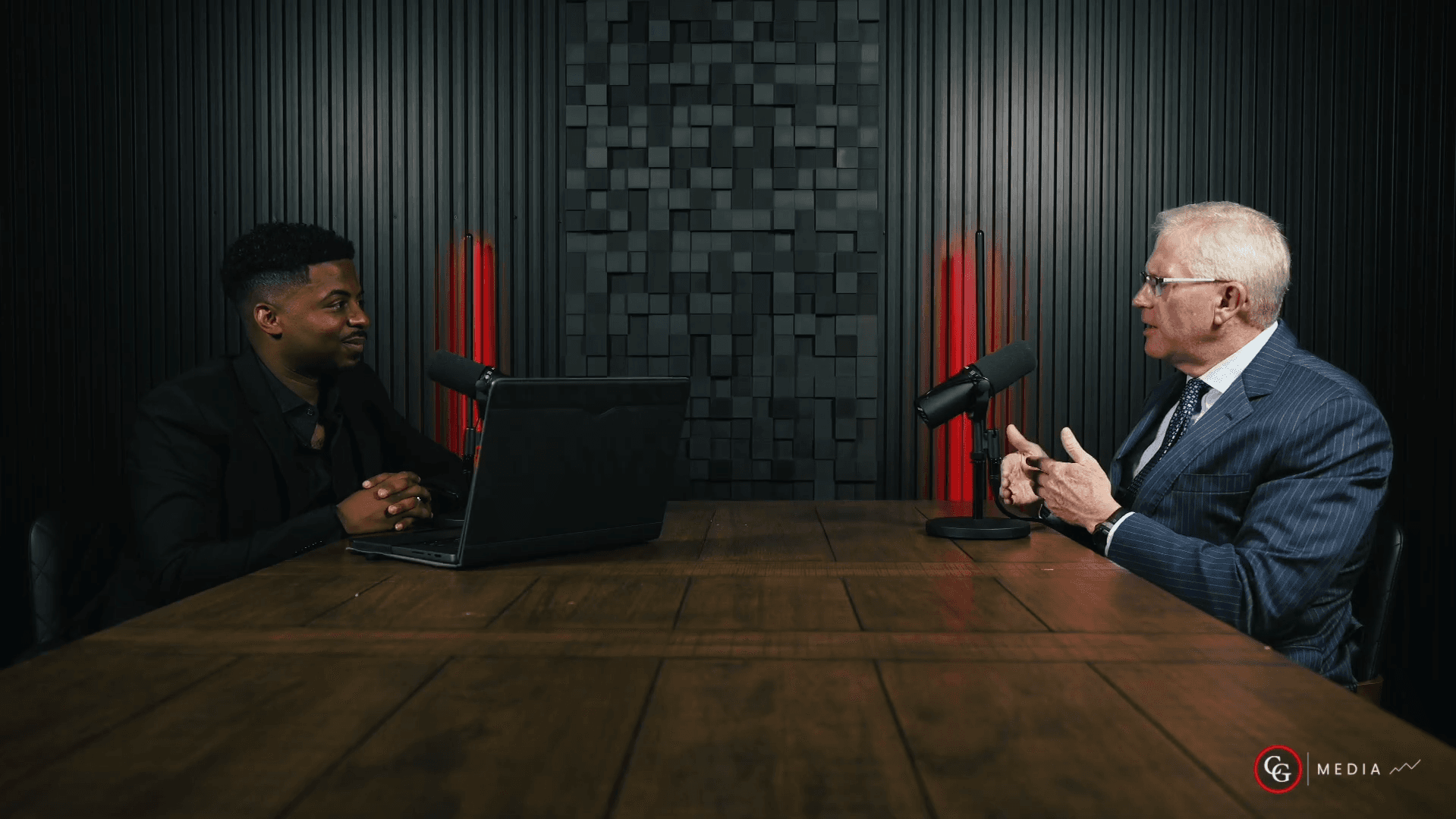
Trial as Surgery: Performance and Precision
Courtroom work, Ingram says, is like surgery: listening to testimony, reading notes, watching jurors, tracking the judge’s mood, adjusting the pace—and never losing the thread of your theme. He often seats a colleague behind him to watch the jury and judge. Are jurors engaged? Is the judge getting frustrated? Should a key line of questioning land before lunch (when attention is high) or after (when energy dips)?
He’s keenly aware that judges, like everyone else, have tendencies—a product of background, politics, and experience. You study those tendencies, calibrate your strategy, and then argue the law with respect and force. He’s seen tough federal judges start stern and grow more exacting with the State over time: if the government didn’t do the basic work, they don’t get the evidence.
Cases That Shaped His Edge
The First Private Case (Probate)
Fresh out of law school, Ingram took a contested estate case involving a nephew misusing funds under a power of attorney. The opposing counsel was aggressive—so much so that a judge halted the day when tempers flared. At trial, the defendant repeatedly insisted, “It’s my money.” The judge leaned over the bench: I decide whose money it is. Ingram won. The case was appealed to the Alabama Supreme Court and became reported—his very first private case etched into the books.
The “22 Warning Shots” Case
A furious victim tracked credit-card thieves to a parking lot and, in a burst of terrible judgment, fired 22 rounds without striking anyone. The indictment, however, read that he “shot into an occupied vehicle”—singular. Ingram negotiated a plea to the literal charge as written and kept the record spare of inflammatory detail during the colloquy. The judge—passionate about gun crimes—later demanded more facts in chambers, and Ingram owned it. She admonished him never to do that in her court again…then conceded he’d done good lawyering that day.
These stories reveal his tools: nuanced reading of charging language, disciplined record-building, and a relentless eye for what’s actually provable.
Guiding Clients Beyond the Courtroom
Defense work isn’t only adversarial; it’s pastoral. Ingram’s firm handles criminal defense, DUI, family and divorce matters, civil and criminal appeals, and more—often where law collides with life. He’ll push a client with a second DUI toward rehab, enroll them in anger management, or start drug testing ahead of court. That’s not optics; it’s accountability and mitigation—proof to a judge that change is underway.
He’s also invested in understanding systems where careers are on the line. Ingram earned a Master’s in Education to better defend Alabama teachers facing allegations that can end reputations, paychecks, and freedom. His earlier work in accounting, banking, and business gives him fluency with financial disputes, estates, and white-collar fact patterns. At trial, these experiences translate into credibility—and options.
What Makes a Good Attorney?
“Relatability,” he says. To clients from all walks of life. To jurors who must both like you and respect you. To judges who expect professionalism and law, not theatrics. Above all, relentless learning. Ingram was among the early Alabama lawyers to invest in web presence two decades ago; today, he brings that same adaptability to evidence, forensics, and storytelling—whether in court or on his radio show and podcast, The Legal Lowdown with Joe Ingram.
Why Appear on 60 Minutes: Inside Trial Minds?
Because the work doesn’t sell itself. The right story does.
Joe Ingram’s episode shows how the series captures the craft behind outcomes—how themes are built, how juries are respected, how proof (not speculation) carries the day. For attorneys, appearing on the show is more than visibility; it’s credibility. It humanizes the résumé: the seventh-grader with a gold courthouse, the prosecutor who chose imagination, the defender who prepares every case for trial.
With The Casely Group’s production and full-stack marketing expertise, an episode becomes a strategic asset:
- Trust: Clients and referring lawyers see your method, not just your claims
- Positioning: Differentiate beyond practice areas; show philosophy and results
- Longevity: Repurpose clips across website, socials, presentations, and pitches—sustained, measurable brand lift
Your Story, Your Legacy
Joseph Ingram’s journey is a reminder that defense is an art of imagination and discipline—seeing the person, building the theme, and insisting that proof meet the charge. His statewide practice at Joe Ingram Law, LLC reflects the same ethic: prepare like every case is going to trial, and the result—verdict or settlement—will follow.
Ready to share your story with the people who need to hear it? Step onto 60 Minutes: Inside Trial Minds and let The Casely Group’s team turn your craft into a compelling narrative that clients and peers remember long after the credits roll.
Connect With Our Sales Team & Learn How to Augment Your Marketing Performance
By submitting this form, I confirm that I have read and understood the The Casely Group's Privacy Statement. This site is protected by reCAPTCHA and the Google Privacy Policy and Terms of Service apply.
Turning Marketing Into a Competitive Advantage for Law Firms
Learn how structured, strategic marketing helps law firms move from reactive tactics to predictable ...
Resilient Web Development: Creating Law Firm Infrastructure That Withstands Digital Change
Learn how resilient, high-performance web development helps law firms scale ethically, build trust, ...
Reducing Perceived Risk: How Video Ads Make Choosing a Law Firm Feel Safer
Discover how strategic video ads reduce perceived risk, build confidence, and support legal decision...
From Reactive to Predictable: Building a Structured Marketing Engine for Law Firms
Discover how structured marketing systems help law firms move from reactive campaigns to sustainable...
Future-Ready Web Development: Building Law Firm Infrastructure for Trust, Scale, and Change
Explore how strategic, ethical, and flexible web development helps law firms build trust, scale sust...
Video Ads as Pre-Decision Tools: Preparing Law Firm Prospects Before They Choose
Discover how video ads prepare law firm prospects emotionally and cognitively, building confidence b...
Strategic Law Firm Marketing: Turning Visibility Into Sustainable, Predictable Growth
Learn how strategic marketing systems help law firms move beyond visibility and build predictable, l...
"Davin Casely is the most relentless marketing professional that I have ever met... He is a Marketing Genius... If you don't hire him, then you don't want to make money..."
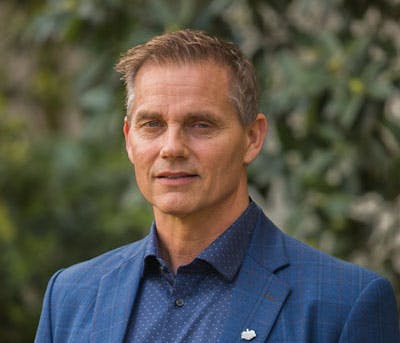
Dan Ambrose, CEO of Trial Lawyers University
"If you haven't reached out to The Casely Group to Increase Business, Revenue and Footprint across the country, then you're making a big mistake. The Casely Group, Best In The Business!"

Brett K. Findler
"If You're Going to Bet On Someone, Bet on Davin Casely…"

Ricky Velasquez









